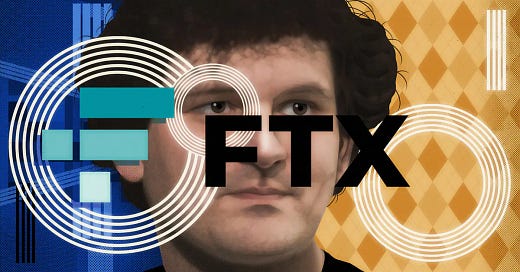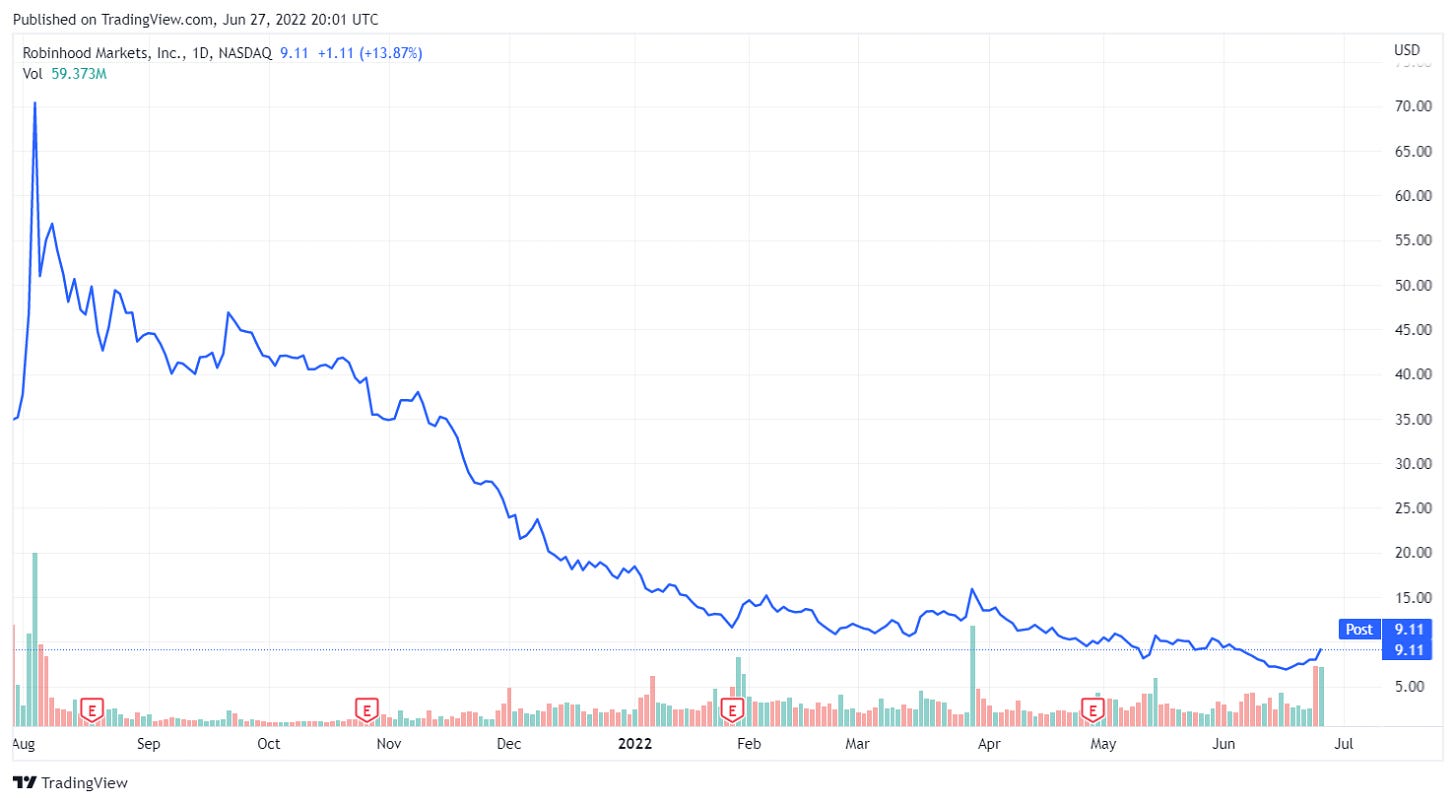Hey👋
Welcome to the mesha tribe: a biweekly newsletter by mesha that brings you all the latest developments in Crypto, NFTs, and Web3 to help you take your net worth #ToTheMoon🚀
📢 We’re inviting 1,000 early access users to team up and buy NFTs with Mesha. Create a team wallet, invite your friends, and split the costs (including gas) across the team.
Benefits:
An original NFT designed by Mesha
100,000,000 $MESHA tokens allocated for early access
Periodic giveaways of blue-chip NFTs to our first 1,000 users
Early access is open to anyone in our community who has reached Level 4, or higher. Get involved in our Discord, share your favourite NFTs, and meet your next teammates!
Sounds good? Sign up below👇
🎙️Spill the NFT: We host a weekly Twitter Space where we invite industry experts to discuss their experiences and latest developments in NFTs and Web3 every Thursday at 8 PM IST. Check out our Twitter page for the guest list 👀
Great! Let’s get to it.
The Big Story
We’re truly living in chaotic times.
While crypto markets are plunging at record lows, some firms are taking advantage of the falling prices to go on an acquisition spree.
And it seems that one of the firms has found its next big purchase.
According to a Bloomberg report, crypto exchange FTX is reportedly considering acquiring trading platform Robinhood. While FTX has been discussing a takeover plan internally, no offer has yet been made to Robinhood.
Still, the news was enough to send Robinhood’s stock price to surge over 15% to $9.11, triggering a trading halt. But those gains were short-lived as FTX CEO Sam Bankman-Fried later clarified that "there are no active conversations with Robinhood." But his comments appear to be a mere denial of any ongoing discussions and not the company’s internal interest.
That said, this isn't the first time Bankman-Fried was responsible for the uptick in Robinhood’s stock price. Last month, when he revealed his 7.6% stake in Robinhood, the company's share price spiked 25%. The stake—worth $648 million back then—is now worth $513 million.
Interestingly, the news came hours after Goldman Sachs upgraded Robinhood's shares from "sell" to "neutral" with a $9.50 price target and downgraded rival Coinbase's rating, citing declining crypto prices and industry activity levels.
A unique parallel
The situation offers a fascinating dichotomy between firms that became prominent during the pandemic-induced trading boom last year.
In 2021, retail investors flooded Robindhood’s platform to invest in meme-stocks like AMC and GameStop and crypto tokens like Dogecoin. But since its IPO in July, the company has struggled to maintain its active users and revenues. In Q1 2022, Robinhood saw a 43% decline in revenues and a 10% decline in monthly active users. The company is now worth $7.4 billion.
In contrast, FTX has managed to establish itself as one of the top crypto exchanges. Not only did it generate enough revenue to keep its business afloat, but it’s also hiring aggressively at a time when its competitors are laying people off in record numbers.
Since 2020, it also made several acquisitions and investments:
Bought trading platform Blockfolio in 2020 at $150 million
Purchased LedgerX, a futures exchange platform with CFTC licenses from US regulators, in 2021.
Made strategic investment in regulated equities exchange IEX in April this year.
Acquired stock-clearing platform Embed Financial Technologies last week.
Crypto bailouts
As Bitcoin, Ethereum, and other digital currencies sink to unprecedented lows amid a harsh crypto winter, FTX has been providing loans to struggling digital asset firms.
Last Tuesday, it made a $250 million loan to credit lender BlockFi. A week prior, Bankman-Fried's Alameda Research provided a revolving line of credit and cash totalling over $500 million to crypto broker Voyager Digital which suffered heavy losses due to its exposure to hedge fund Three Arrows Capital (3AC).
Such actions, reminiscent of Warren Buffett's role during the 2008 Financial Crisis, have led the crypto community to refer to Bankman-Fried as the "lender of the last resort."
But, why is FTX bailing out crypto firms? Well, because it can. FTX has a strong balance sheet to afford these bailouts.
Another reason for helping these firms is that such massive collapses could result in declining confidence in the industry for a long time. So Bankman-Fried believes that it's FTX’s duty to aid them.
"I do feel like we have a responsibility to seriously consider stepping in, even if it is at a loss to ourselves, to stem contagion. Even if we weren't the ones who caused it, or weren't involved in it. I think that's what's healthy for the ecosystem, and I want to do what can help it grow and thrive," he told NPR.
But not everybody considers such buyouts as being altruistic. Some people have even questioned why FTX is only bailing out Voyager and BlockFi and not Celsius and Babel.

While the success of such bailouts depends on several market-related factors, it’s not devoid of competition. Now, asset manager Morgan Creek Digital is trying to raise $250 million to counter FTX’s BlockFi bailout offer.
Needless to say, it’s going to be interesting to see how all this pans out.
Share what you learn 🤝
That’s all for today.
If you found this newsletter insightful, subscribe and share it with your friends and colleagues.
Or sign up and discuss the above stories yourself.
See ya!👋








